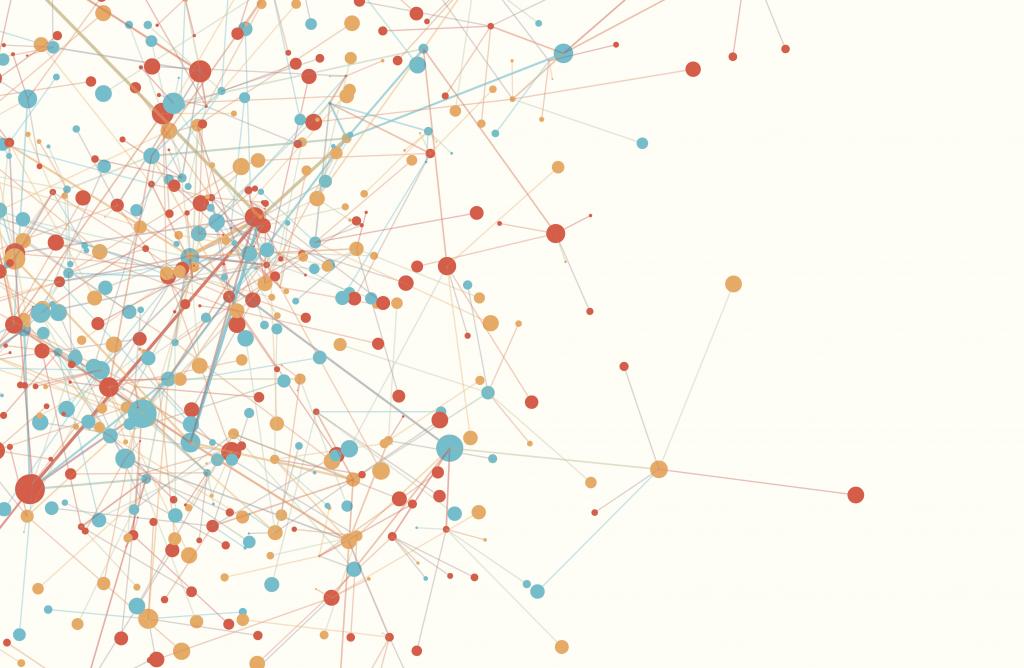Acclaimed Australian scientist, explorer and conservationist Tim Flannery is Fondation Segré Distinguished Visiting Professor at the Graduate Institute’s Centre for International Environmental Studies. Interview.
Your upcoming book deals with the ecological history of Europe. Why this interest from an Australian scientist?
I have been fascinated with Europe and its nature ever since my first visit in 1983. It seemed to be such a strange place to me. So important in the world, but with a mysterious deep history. It was only in 2015 that I found a way to investigate this, and I started by trying to answer a few seemingly simple questions: When did Europe begin? What forces have shaped its living creatures? Why has Europe become so important in the world?
Can you briefly share your answers?
Europe began around 100 million years ago, as a tropical archipelago between the African, North American and Asian landmasses. It was an important migration route – a seat of exchange if you like – between continents that make up two thirds of all land on Earth. This location has been very important in shaping Europe.
You say that the Europeans arose around 38,000 years ago, when a group of humans from Africa (Homo sapiens) began to hybridise with Neanderthals, which means that Europeans would be the ultimate hybrid species. This hybrid population quickly dominated the Neanderthals in Europe. Is this fear of migrants still alive in the European collective unconscious?
We Europeans are a hybrid species, containing the genetic heritage of both Neanderthals and African ancestors. And many migrations have occurred since. It is migration, hybridisation, and the new species and populations that stem from that process that help make Europe so important. Europe’s great enemy is the search for purity – that is, when Europe turns its back on the world and turns on itself. I believe that Europeans should conquer what fear they might have of migration, and celebrate it, and the vitality it brings. Of course, there should be concern for environmental impacts and other undesirable aspects of too rapid population growth. But new cultures, new ideas – when mixed with European ways, they are the essence of European success.
Each wave of human migration has profoundly affected the land and its biodiversity. You say that today some Europeans are trying to re-establish a wild Europe. Who are they? And where should they look to for inspiration?
Re-wilding began in Europe in the 1930s, but it has really taken off in recent decades. And European nature is not a passive partner in this. Wolves, bears and many other species are expanding. The question is, How a new relationship with nature can be forged?
How is life at the Graduate Institute in terms of research collaboration?
The Institute is truly multidisciplinary. It’s a greatly stimulating place to be, in the heart of Europe with a diverse student and academic community.
* * * * *
- Professor Flannery’s new book, Land at the Crossroads: An Ecological History of Europe, will be published by Allen Lane in October 2018.
- Watch also a brief video by Professor Flannery on Europeans as the ultimate hybrid species.
Interview by Marc Galvin, Research Office.


